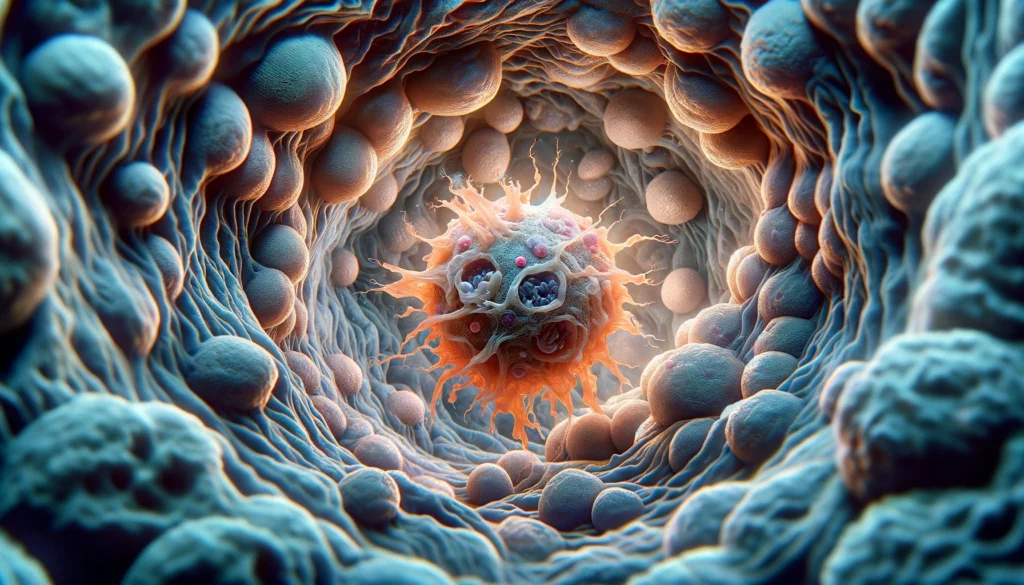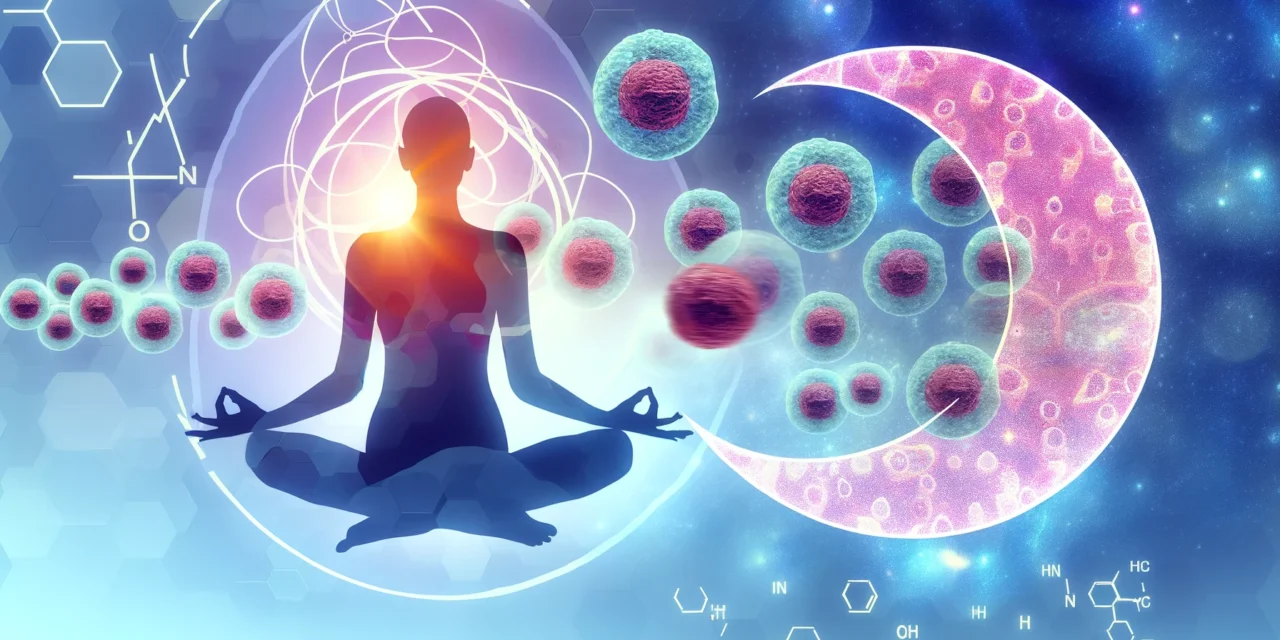The battle against cancer has led researchers to explore a range of treatments, from traditional methods like chemotherapy to innovative approaches such as immunotherapy. Recently, the spotlight has turned to an ancient practice: fasting. Amidst growing interest, both from the scientific community and the public, the question arises: can fasting starve cancer out of the body? This article delves into the fascinating interplay between fasting and cancer, shedding light on the mechanisms at play and examining the potential of fasting as a complementary therapy in cancer treatment.
Understanding Cancer’s Molecular Drive
At the heart of cancer is uncontrolled cell division. Normally, cells are kept in check by tumor suppressor proteins, such as p53, which halt cell division when it’s not needed. However, mutations in these proteins can lead to unchecked cellular proliferation, a hallmark of cancer. For division, cells consume vast amounts of energy and materials, raising the question: what happens if we cut off their supply through fasting?
Fasting and Cancer: The Differential Stress Resistance Hypothesis
Research into fasting’s impact on cancer has led to the development of the Differential Stress Resistance (DSR) hypothesis. This theory suggests that while cancer cells thrive on uninhibited growth, their strength becomes their Achilles’ heel when nutrients are scarce. Unlike healthy cells, which can adapt to nutrient deprivation by slowing growth and repairing damage, cancer cells are ill-equipped to switch to a state of conservation. This discrepancy may lead to increased oxidative stress in cancer cells, potentially causing their demise.
Empirical Evidence and Theoretical Backing
Experimental studies have provided preliminary evidence supporting the DSR hypothesis. For instance, research on breast cancer has shown that fasting can lead to an accumulation of proteins in cancer cells, indicating an inability to proceed with division due to nutrient scarcity. This, coupled with reductions in tumor size observed in fasting animals, underscores the potential of fasting to at least slow down cancer progression.
Moreover, fasting has been shown to increase the levels of caspases, proteins that play a critical role in cell death, suggesting a possible pathway through which fasting could contribute to the elimination of cancer cells. Yet, it’s important to recognize the limitations of these studies and the complexity of translating these findings to human therapy.
Fasting and Chemotherapy: A Synergistic Approach
While the idea of using fasting as a sole treatment for cancer is enticing, evidence suggests that its true potential lies in combination with conventional therapies like chemotherapy. Fasting appears to enhance the effectiveness of chemotherapy, not only by stressing cancer cells but also by potentially increasing the expression of transporters that allow chemotherapy drugs to enter cells more readily.
Preliminary human studies on fasting, or fasting-mimicking diets, in conjunction with chemotherapy have shown promising results, including better tolerability of chemotherapy and preservation of health markers. Animal studies further hint at the survival benefits of combining long-term fasting with chemotherapy.

Navigating the Path Forward
The exploration of fasting as a cancer therapy is in its infancy, with much more research needed to fully understand its mechanisms and optimize its application. The variability in cancer types and individual responses to fasting underscore the necessity for personalized approaches to treatment.
As we venture further into this research domain, the promise of fasting in conjunction with established medical practices offers a glimmer of hope. By leveraging the body’s natural response to fasting, we may unlock new avenues for enhancing cancer treatment, improving patient outcomes, and ultimately, turning the tide in the fight against this formidable disease.
In conclusion, while fasting alone may not be a silver bullet for cancer, its potential as part of a comprehensive, multimodal treatment strategy is undeniable. As science advances, so too does our ability to confront cancer with a more nuanced and effective arsenal of therapies, potentially including the ancient practice of fasting.

